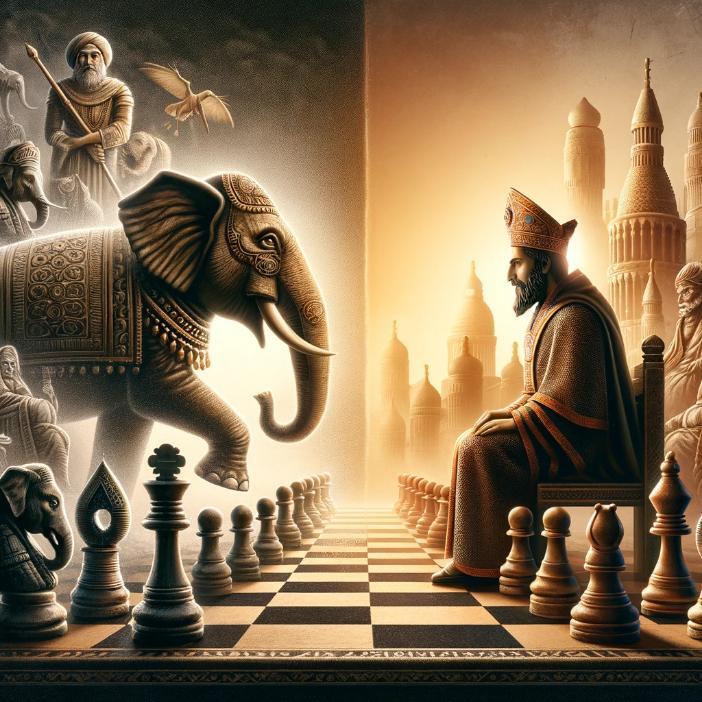Introduction
Chess, the game of kings, has been a source of inspiration for filmmakers for decades. With its strategic gameplay and intense matches, chess has proven to be a captivating subject for the big screen. From classic films to modern masterpieces, cinema has produced a variety of chess-related movies that have captured the hearts of audiences worldwide. In this article, we will take a journey through the best chess films, exploring the different ways the game has been portrayed in cinema and the impact these films have had on popular culture.
Section 1: Historical Depictions of Chess
One of the first chess-related films ever made was “The Chess Player” in 1926. Set in 18th-century India, the film tells the story of a young king who becomes obsessed with chess and neglects his people and kingdom. This film not only showcased the beauty and complexity of the game but also explored the dangers of becoming too consumed by it.
Section 2: Dramatized Matches and Tournaments
Films like “Searching for Bobby Fischer” (1993) and “Pawn Sacrifice” (2014) are based on real-life chess matches and tournaments. These films offer a glimpse into the competitive and cutthroat world of professional chess players and the mental toll it takes on them. They also showcase the intense rivalries and psychological battles that can occur during a chess match.
Section 3: Chess as a Metaphor
Chess has often been used as a metaphor in cinema to represent larger themes such as power, control, and manipulation. Films like “The Seventh Seal” (1957) and “Through a Glass Darkly” (1961) by renowned Swedish director Ingmar Bergman use chess as a symbol of the eternal struggle between good and evil.
Section 4: Chess and Education
Chess has long been associated with intelligence and strategic thinking, and this has been portrayed in films like “Fresh” (1994) and “Life of a King” (2013). Both films tell the story of inner-city youths who learn to play chess and find a way out of their troubled lives. These films highlight the educational benefits of chess and how it can positively impact young minds.
Section 5: Impact on Popular Culture and Future of Chess in Cinema
Chess has had a significant impact on popular culture due to its presence in films like “The Man Who Fell to Earth” (1976) and “Blade Runner” (1982). In these films, chess is seen as a symbol of intellectualism and strategic thinking.
With the continued popularity and universal appeal of chess, it is safe to say that we will see more films and TV shows featuring the game in the future. It will be exciting to see how filmmakers continue to portray chess and its players in new and innovative ways.
Conclusion
In conclusion, chess has proven to be a rich and versatile subject for filmmakers, with its ability to explore a wide range of themes and capture the imagination of audiences. The films mentioned in this article are just a few of the many amazing chess films that have been produced over the years. Whether as a historical depiction, a dramatic tournament, a metaphor, or a source of education and connection, chess continues to inspire and entertain us through the medium of cinema.

